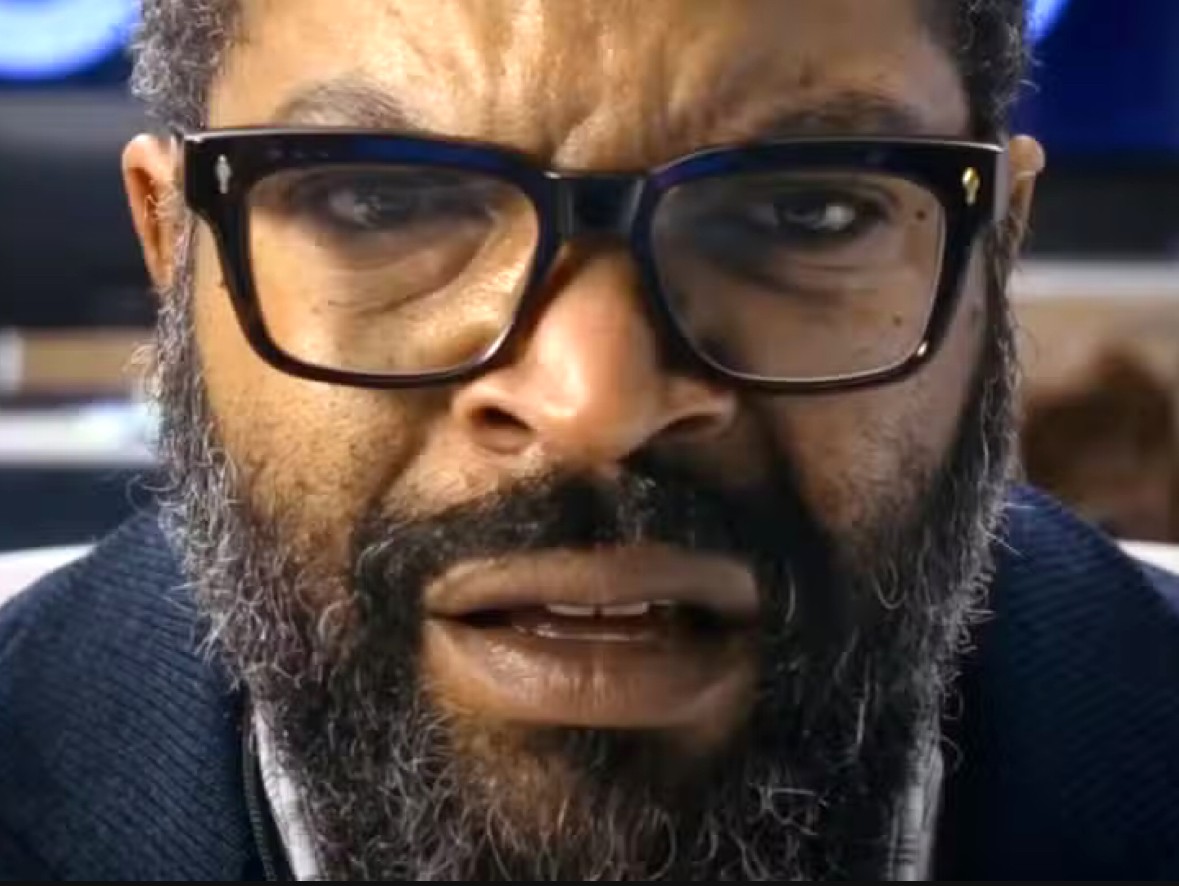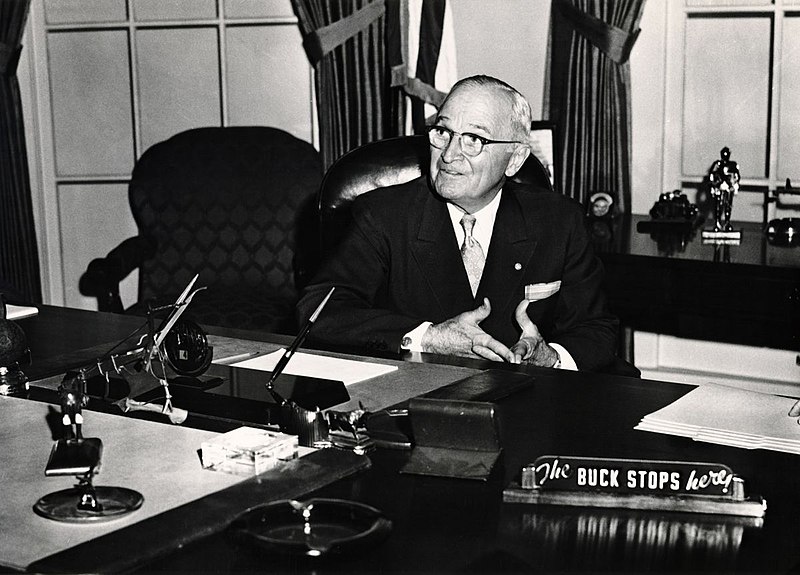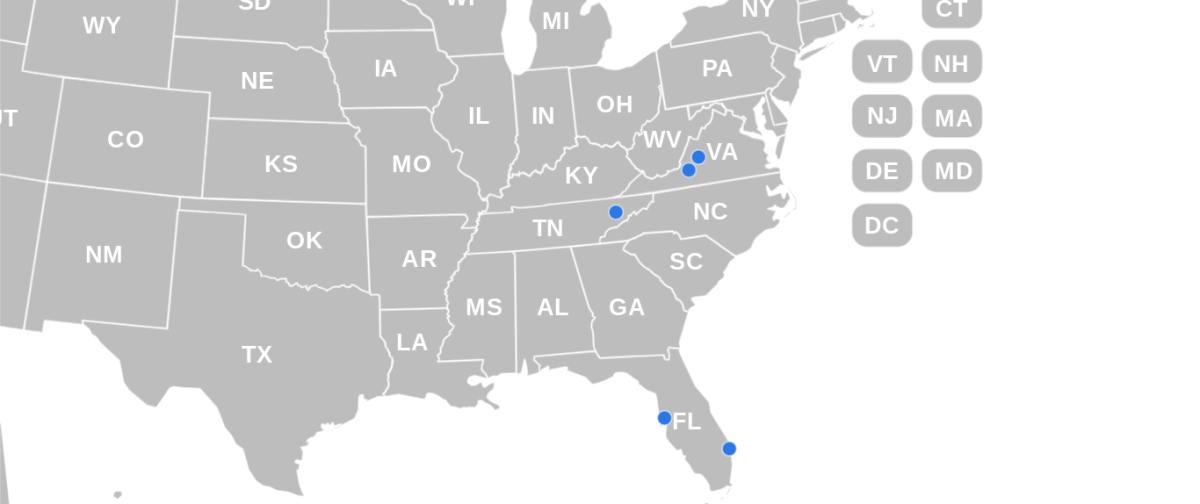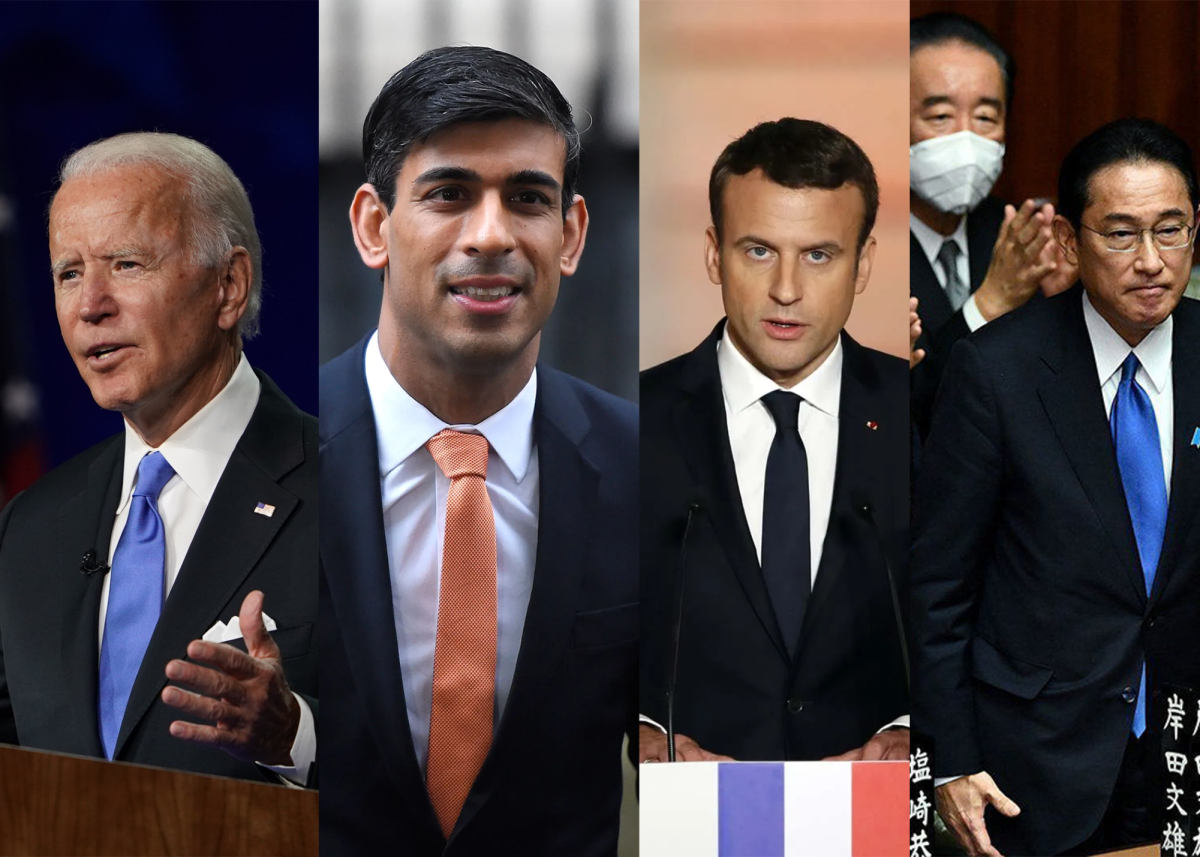Despite the tremendously broad reactions to the reelection of President Donald Trump in November, his return to the White House represents not a purely domestic shift, but a seismic global trend: incumbents keep losing.
Per TLDR News’ Georgina Findlay, 2024 has delivered the “greatest graveyard of incumbents ever seen.” Furthermore, this has not been a shift to the left or right of center, but rather an international upheaval of incumbents on an unprecedented level.
From the electoral collapse of the Biden-Harris Administration, to the historic implosion of the British Conservative Party, to Emmanuel Macron’s failed snap election gambit in France, and to Japan’s long-dominant Liberal Democratic Party losing its fifteen-year legislative majority, every developed country to hold an election in 2024 has seen their governing party lose votes.
Although every election has its own unique circumstances, and voters are motivated by a vast array of topics, rampant economic discontent has emerged as the most powerful electoral force leaving incumbents by the wayside.
The dual economic shocks of COVID-19 and the Russian invasion of Ukraine led to global inflation reaching 9.4% in 2022, its highest level since the financial crisis of 2008. Even after economic data began to recover in the ensuing months, voters simply did not feel the improving figures.
Particularly in the United States, where the Department of the Treasury published figures detailing how the nation was enjoying the greatest post-COVID economic recovery in the world, voters did not respond to President Biden and the Democrat’s message of prosperity and improvement.
Two-thirds of 2024 voters believed the economy to be poor, and Donald Trump won that group by forty percentage points.
Moreover, incumbents have been plagued by not only recent economic anger, but by a longer-term economic shift dating back to the second Bush Administration.
“The financial crisis of 2007 and 2008 was a moment, particularly across the West, where ordinary people really really lost out and it felt like the elites: the bankers, the financial system, were kind of all okay and were bailed out and the living standards of ordinary people a sort of dramatically went down,” said The New Statesman’s associate political editor, Rachel Cunliffe.
“I don’t think that [voters have] recovered either our trust in the government or the sense that [they’re] going through a tough time but things will get better.”
Although the perils of incumbency have been almost solely driven by economic factors, it is important to note that the whole media landscape has drastically changed in recent years. Particularly, the rise of social media has placed an easy target on the backs of all politicians.
In the U.S. election, both Republicans and Democrats used the internet to create derogatory caricatures of their opponents. Memes about Joe Biden’s age, Kamala Harris’ laugh and coconut tree speech, conspiracies related to JD Vance, moments from Donald Trump’s rallies, and other topics spread like wildfire throughout the election season.
Trump and his campaign accounts finished with significantly more followers than those of Harris, and this certainly played a consequential role in the President-elect’s reelection, particularly among younger voters.
This new wave of anti-incumbent sentiment challenges long-held notions on the advantages of incumbency in elections. Only ten Presidents in American history have lost a general election for a second consecutive term, and there have only been two one-term British Governments since the end of World War II. However, this trend appears to be rapidly changing.
On the reversal of the advantages of incumbency, New Statesman Political Editor Andrew Marr said, “There isn’t a financial advantage at the moment. [Incumbents used to be able to] control the media, but they can’t control the media anymore because the media has changed. So a lot of those traditional advantages have gone.”
With those drastic changes, it is possible that many newly elected leaders may face significant political peril throughout their coming terms; and thus, many opposed to them may enjoy an electoral advantage over the new incumbents sooner than later.
Despite many being swept into power with sizable majorities, new leaders must be wary of suffering the same fate as their predecessors. It is still an open question as to whether their policies will improve their countries’ conditions; if voters will forgive recently ousted politicians sooner than later; and if new opposition forces will rise as electoral threats.
“I had a conversation with a member of [Prime Minister Sir Keir Starmer’s cabinet] who’s pretty close to [him], and I heard for the first time the words, ‘I think we may be a one-term government.’ So this is something that is rattling ministers as well as everybody else,” said Marr on the newly elected British Labour government.
As electorates across the world have proven this year, economic attitudes are effectively the sole determining factor in the success or collapse of an administration. Should economic perspectives continue to sour, there could likely be an electoral repeat of 2024 in ensuing election cycles.
Recent economic hardships have forced significant cuts in public spending across many countries, leading to many voters’ frustrations on what they perceive to be the decline of public services. This discontent is compounded with many’s frustration regarding the rise of immigration levels, which have soared across numerous countries.
“The West is, relatively speaking, declining. The challenges from this new globalized economy are being felt by working class communities […] everywhere,” said Marr. “Governments which happen to be in charge at [this] time don’t have the big spending heft to make people’s lives much better in the short term. They can’t do much about immigration, […] so they’re being turfed out one after another.”
In summation, a vast number of voters worldwide have become seriously pessimistic about the direction of their governments. Even in situations where opposition leaders didn’t have particularly high favorability ratings, many were delivered to power on the backs of exceedingly poor incumbent approval rather than their own popularity.
“It’s about fear. It feels [as if] there’s not much to be happy about right now,” said associate editor Hannah Barnes of The New Statesman.
Note:
Aiden Smith was not editor-in-chief at the time of this article’s publication. Rather, he was news editor and political correspondent. At the time, Hayden Arnett was editor-in-chief.






































